The Best Remixes for Wedding DJs 2023
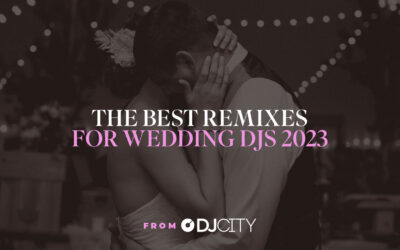
Wedding season has arrived! DJcity’s Remix Director Sir Marcus has put together a list of wedding-friendly tracks guaranteed to freshen up your DJ sets and...
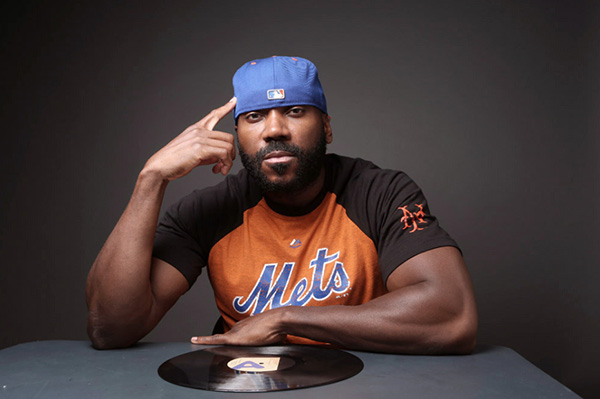
From being a former member of The X-Ecutioners crew to releasing a handful of solo albums, DJ Rob Swift has been a prominent force in turntablism since the early ’90s.
And like many of his era, Swift was resistant to the idea of using a laptop to DJ when it first hit the scene. Having cut his teeth on two turntables, a mixer and vinyl, the notion of scratching with a piece of software annoyed him.
However, Swift eventually changed his mind and has been a dedicated Serato user ever since. Now, years later, the legendary turntablist has written an essay for Cuepoint on why he embraced the change and the benefits and potential pitfalls of digital DJing.
Below is what we learned from Swift’s candid piece.
He was offended when he first saw a DJ using a laptop.
“To me, it was an abomination! It looked all wrong. I felt offended that this student, someone learning how to DJ, was learning on a laptop and not records. I was so offended that I didn’t touch it. I remember thinking that I didn’t even want it near me. I went into another room feeling annoyed.”
Jazzy Jay helped open his mind.
“When I saw Jazzy Jay using a laptop and turntables, I don’t want to say that I embraced it, but I was more open-minded. If Jazzy Jay was gravitating toward this technology, I thought maybe there was a way to implement it into what I do and still keep the integrity of the craft intact. After all, Jazzy Jay was using Serato, but was playing the same kind of breaks and tunes that I remember him playing on cassette tapes as a kid.”
He realized that the laptop is merely a tool.
“If I have the right perspective on it, the laptop is a tool for me to play the music that I like; it doesn’t necessarily mean that I have to change the style of music that I play. Now I am not taking a piece of vinyl out of the sleeve, I’m accessing the song from a laptop. But at its core, I’m still on turntables and I’m still having to move a control record and lift the needle.”
He switched to Serato after having to haul his records around Europe.
“I’d lug my records with me on and off the plane, transferring, running to catch flights, running late, planes delayed. That was the most annoying tour, because it’s not like I had roadies carrying my records, it was just me doing it. On that tour I was like, ‘That’s it. I’m not touring with records anymore. I can’t do it.’ It was just too physically taxing. When I got home, I reached out to Rane and asked them to send me Serato Scratch Live.”
Using a laptop has enabled him to be more versatile.
“From a performance standpoint, it’s great to know that the majority of my record library lives on my laptop. There are times when I have no idea what the crowd or the venue is gonna be like or what kind of music people want to hear, but because I embrace all genres of music I make sure that my work laptop has different genres of music to choose from so I can cater to any crowd. I have Plan A, B, C, D and E all on my laptop. Back in the days when I was traveling with my vinyl, I was limited to however many records that I brought with me to that show.”
He believes features like “sync” can give DJs a false sense of security.
“However, although the software can sync up any two songs for you, it doesn’t necessarily mean that you now have a knack picking the right two songs to mix. Just because two songs mix together doesn’t necessarily mean that they go together. Things like that kind of give you the illusion that you’re prepared to go play out, when in fact, you still don’t know anything about timing or joining two different songs in a tasteful way.”
He thinks people focus too much on “fake DJs” these days.
“They think they’re helping the culture by talking about what’s wrong to someone who they feel may be ignorant, but what they’re doing is magnifying what’s wack without talking about what they like. Indirectly, they’re minimizing the dope sh#t. . . . When I was coming up we’d only focus on what was dope, and I feel like that’s why I became as good as I was — I channeled my energy into the heroes and pioneers of this craft. I knew of the guys who weren’t good, but you just don’t focus on that, you don’t pay attention to that and you soak up what is good.”
He believes that ultimately, it’s about the DJ, not the technology.
“Technology isn’t the problem, it’s how we use the technology. It’s the perspective that we have on the technology. When I started incorporate laptops into my DJing, it didn’t make me worse, it made me a better DJ because I have a certain perspective on technology which is I’m going to dictate how I use it. If you have that perspective and approach to anything, then the potential that you can tap into as an artist is unlimited. It’s about the mind behind the technology, not the technology itself.”

Wedding season has arrived! DJcity’s Remix Director Sir Marcus has put together a list of wedding-friendly tracks guaranteed to freshen up your DJ sets and...

We just launched our biggest sale of the year! Get 90% off a DJcity membership and join for just $1 (regular price $10) for the first month when you check...

Here at DJcity, customer satisfaction is crucial, and therefore we always take input and feedback from our customers and DJ community very seriously. Due t...
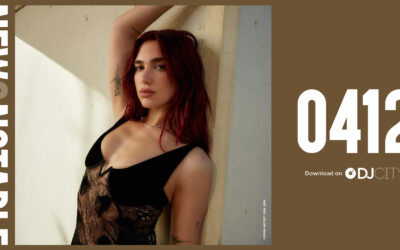
New tracks that DJs should know about.
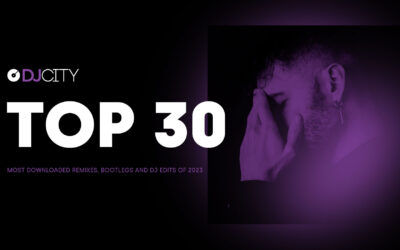
ATCG. Last Thursday, DJcity revealed its most downloaded tracks of 2023. Today, we dive deeper to uncover the most popular remixes, bootlegs, and edits of...
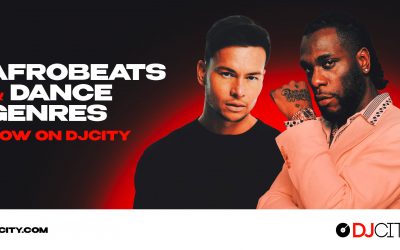
At DJcity, we are always working to make sure that the way our record pool functions reflects the needs of our users. Therefore in our latest update, we sw...
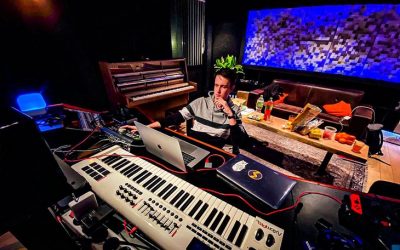
Mr. M!X. (Source:Instagram) Dutch DJ/producer MR. M!X has delivered a remix of 50 Cent's birthday anthem "In Da Club." The moombahton-inspired flip is avai...
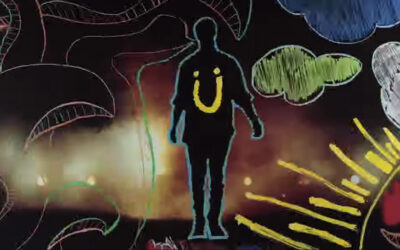
Some fans were skeptical when they discovered that Skrillex and Diplo's debut Jack U album includes a song with Justin Bieber. "Where Are U Now" has...
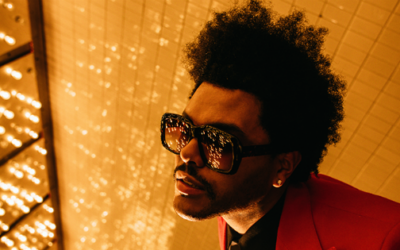
The Weeknd has released a video treatment for his Max Martin-produced hit "Blinding Lights." The song peaked at No. 11 on Billboard's Hot 100 chart. The da...
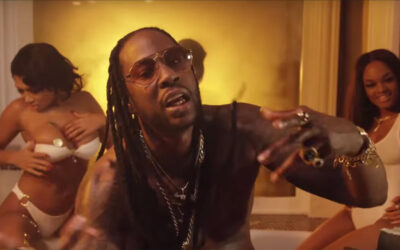
2 Chainz released the remix of "BFF" featuring Jeezy two weeks ago, and today he returns with visuals to go along with it. The video for the Zaytove...